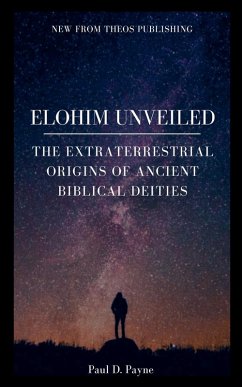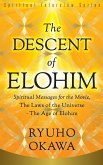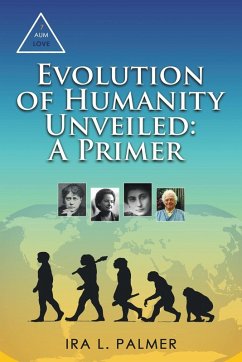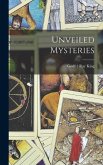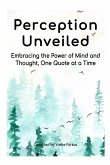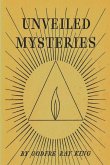In exploring the Hebrew Testament with a literal lens, one encounters numerous references to gods that challenge conventional theological interpretations. Traditionally, these beings have been viewed within a monotheistic framework as either false gods or metaphoric representations. However, a more literal interpretation suggests that these entities might not be divine in the traditional sense but could be understood as beings from another civilization or species, possibly extraterrestrial or extradimensional. The Hebrew word often translated as god is elohim, which is notably plural in form. This plurality can be seen in Genesis 1:26, where it is written, "Let us make man in our image, after our likeness." The use of "us" and "our" suggests a multiplicity of beings involved in the creation of humanity, rather than a single omnipotent deity. This plurality opens up the possibility that the text refers to a group of advanced beings with a shared purpose and technology sufficient to engage in acts that might appear god-like to less advanced species.
Hinweis: Dieser Artikel kann nur an eine deutsche Lieferadresse ausgeliefert werden.
Hinweis: Dieser Artikel kann nur an eine deutsche Lieferadresse ausgeliefert werden.

